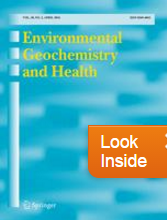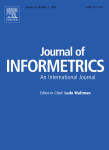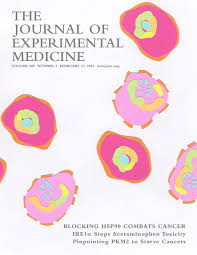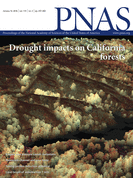
The University of Gothenburg in Sweden is investigating several papers co-authored by biologist Suchitra Sumitran-Holgersson after they were challenged on PubPeer.
Sumitran-Holgersson already has one retraction under her belt — of a 2005 Blood paper, after another investigation concluded the results “cannot be considered reliable.” Sumitran-Holgersson and her husband, co-author Jan Holgersson, did not sign the retraction notice. Both were based at the Karolinska Institutet (KI) at the time, but have since moved to the University of Gothenburg.
Now, the University of Gothenburg has launched its own investigation of the papers questioned on PubPeer, according to Continue reading Biologist’s research under investigation in Sweden after being questioned on PubPeer








